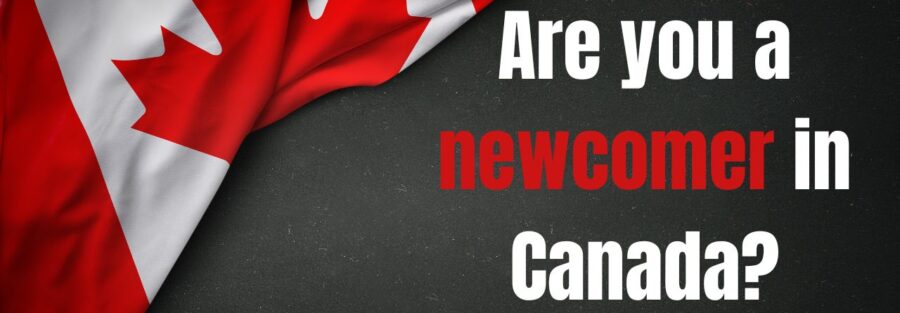Being a newcomer in Canada can be very overwhelming, but you will find all the information you need to file your first tax return in this blog and by the end you will know exactly all the necessary information required to file your first taxes.
Who is a newcomer to Canada?
This includes the permanent resident, temporary resident (student and workers) and refugees. If you have residential ties with Canada, you will be a Canadian for Income Tax Purposes on the date of your arrival.
There are two types of ties:
- Primary Ties – this includes the following:
- If you own or lease a house,
- If you have a spouse or common-law partner,
- If you have dependents in Canada.
- Secondary Ties – this includes the following:
- If you own a personal property for example furniture, car in Canada,
- If you have any sort of membership tying you to Canada.
- If you have any economic relation for example a credit card or a bank account in Canada,
- If you have a Canadian passport, health insurance or driver license.
Now the most important and obvious question: What are taxes?
Taxes are a portion of your total annual income that you pay to the Canadian government. Services like education and health care are funded with the help of this money.
But now, here is the catch. In Canada, paying your taxes benefits you as well as the general population.
However, how does it help you and what are these benefits?
You can be qualified for a refund of all taxes withheld from your paycheck if you are employed.
On the other hand, not many people are aware that you still need to submit your taxes if you’re a student or unemployed. This is because you might be qualified for credits or perks. Your tax return is used by the Canada Revenue Agency to determine the benefits and credit payments with precision. You can benefit from filing your taxes by claiming the Goods and Services Tax/Harmonized Sales Tax (GST/HST) Credit, the Canada Child Benefit, and the Climate Action Incentive Benefit (CAIB).
Additionally, several of the provinces and territories offer perks. The Ontario Trillium Benefit, as an illustration. Therefore, even if you have zero income, you must file your taxes as a nil return. You would not want to miss an opportunity to receive money from the government!
What else will you need to file your taxes, finally?
The most crucial and important step in filing your taxes is obtaining a Social Insurance Number (SIN). Once you reach in Canada, you must go to your local Service Canada depending on your province and get this number. This is an extremely private and unique 9-digit number. You can get this at each Service Canada facility. It is recommended to not share this number with any other individual as this is your unique number.
There you have it; you are now ready to submit your first Canadian tax return.





